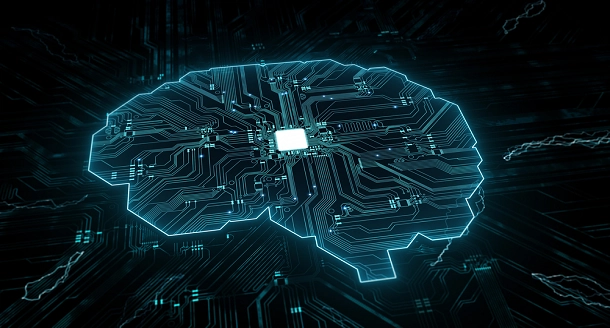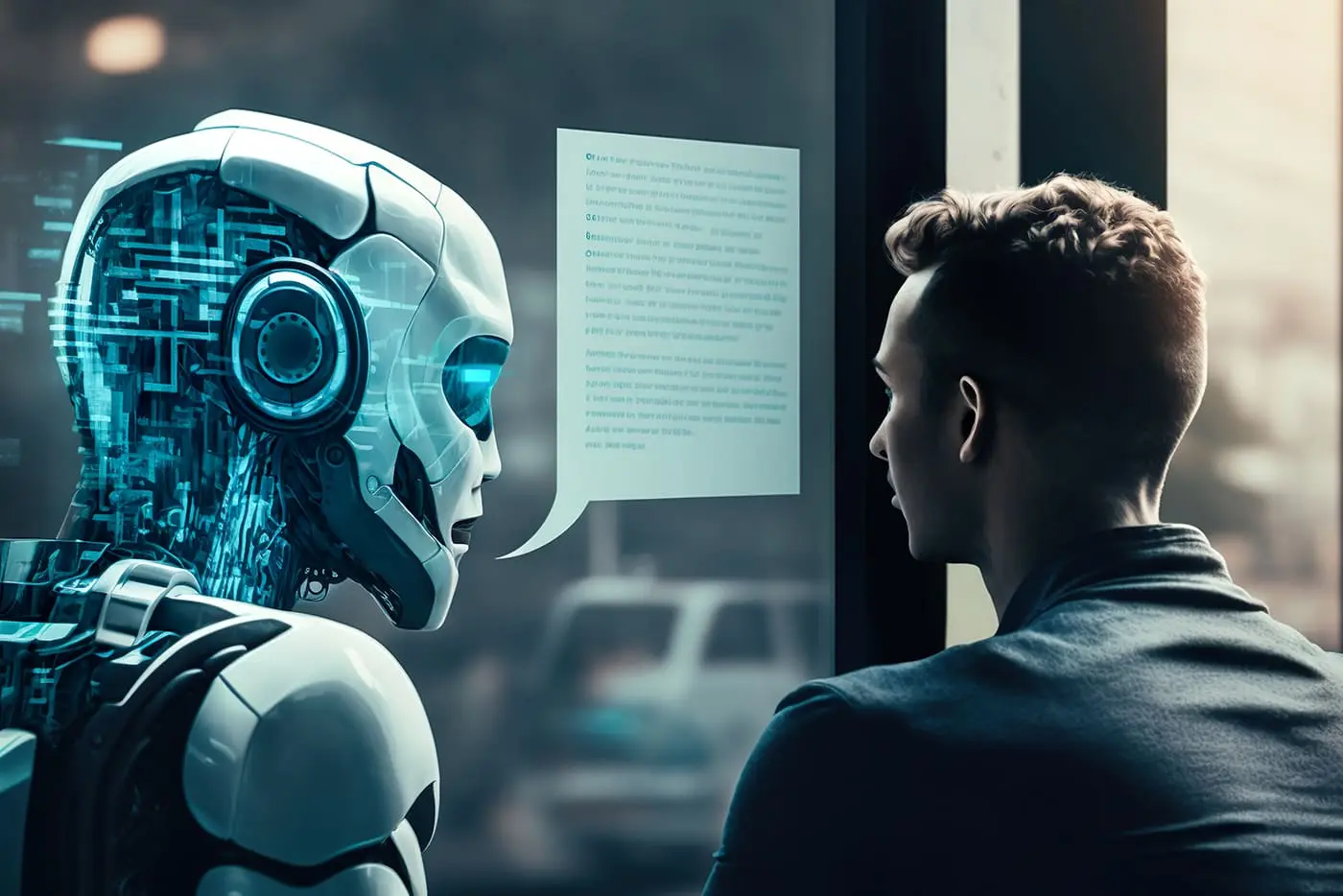
If you want to be a part of the AI revolution, you need to know what it is and how it will affect your future career. AI will replace many jobs in many different fields and industries, but it won’t replace every job entirely. In fact, many employers are looking for applicants with a postgraduate degree in computer science or AI. If you don’t have a postgraduate degree, you can gain experience in the field by taking a Bootcamp or completing an AI program.
Impact of artificial intelligence on current jobs
While AI has the potential to replace many jobs, AI and humans are still far from parity. Some economists believe that AI will eliminate some jobs, while others say that AI will create others. The World Economic Forum has estimated that AI will create as many as 97 million new jobs by 2025.
Various estimates of the impact of AI on current jobs vary, ranging from 9% to 47%. Although AI may eliminate many jobs, it may also free up human resources to focus on more creative endeavours. For example, some experts believe that AI will create new jobs as people have more time to spend on other things. In addition, people who are left with extra time may choose to expand their business. As AI becomes more widely adopted and cheaper, the loss of jobs may be less pronounced than most belief.
AI will affect many types of jobs, from factory work to administrative and service jobs. Most routine service-oriented jobs will be replaced with automated counterparts. Foodservice and office support jobs are among those most at risk. It will also affect jobs in rural areas. In addition to those in these industries, AI will likely affect medical and security workers.
The future of AI is already able to simulate much of human intelligence, but it still has a ways to go before it can replace human workers. In particular, AI is highly effective at planning, learning, problem-solving, and reasoning. Most of these skills are also common among human workers.
Limitations of AI advancement
The Limitations of AI Advancement for a Future Career – The potential impact of AI is immense, but also has limitations. First of all, AI often requires large amounts of data, categorization, and privacy issues. Additionally, AI is often limited by computation power. For instance, the cost of powering an AI system was estimated to be $4.6 million.
Second, AI is difficult to predict how it will change the work environment. It is difficult to extrapolate its effects to the workforce because of its limited understanding, as well as its lack of implementation across all industries. Moreover, researchers disagree about the types of tasks that AI will perform, and how it will impact the workforce and economy. Ultimately, even the best researchers recognize the limitations of their predictions. In the coming years, the nature of work will change.
Advantages of AI
However, there are many advantages of AI. It will improve cybersecurity and recruitment. It will also free up humans to focus on more creative endeavours. The future of employment may depend on the future of AI. For example, there will be more opportunities in cyber security, recruitment, and job security for certain industries, while ordinary human employment will be displaced.
Limitations of AI advancement for a future job market will continue to be debated as technology improves. For now, AI can help recruiters save time by eliminating human error. But, some people worry that the technology will discriminate against neurodivergent workers.
Benefits of pursuing a postgraduate degree in AI
If you want to work in the field of AI in the future, a postgraduate degree in AI is a good option. It provides students with the necessary skills to work as a team, as well as communication and problem-solving abilities. Furthermore, it exposes students to many of the latest tech trends. Students may also consider applying to a university that offers undergraduate and postgraduate courses in AI.
Those pursuing an AI career need a strong understanding of mathematics, statistics, and probability is helpful for choosing dissertation technology topics. Many of the models used in AI are based on statistical concepts, and a deep understanding of these concepts helps AI architects make better decisions. In addition, AI professionals need strong problem-solving and analytical skills.
Students who study for an artificial intelligence MSc degree will be well-positioned to take advantage of the current technological advances and develop their careers in this field. They will also be able to network with professionals in different fields and build their global network. Ultimately, AI experts are vital in tackling the healthcare crisis in industrialized nations.
The field of AI is extremely broad and has many applications in many fields. From health care to transportation, AI can help doctors diagnose diseases, while manufacturers use it to assemble equipment. Furthermore, jobs in AI are future-proof and are highly paid.
Author Bio
Jesse Pinkman is a research-based content writer, who works for Cognizantt, a globally recognised wordpress development agency uk and Research Prospect, a Tjenester til at skrive afhandlinger og essays. Jesse Pinkman holds a PhD degree in mass communication. He loves to express his views on a range of issues including education, technology, and more.


